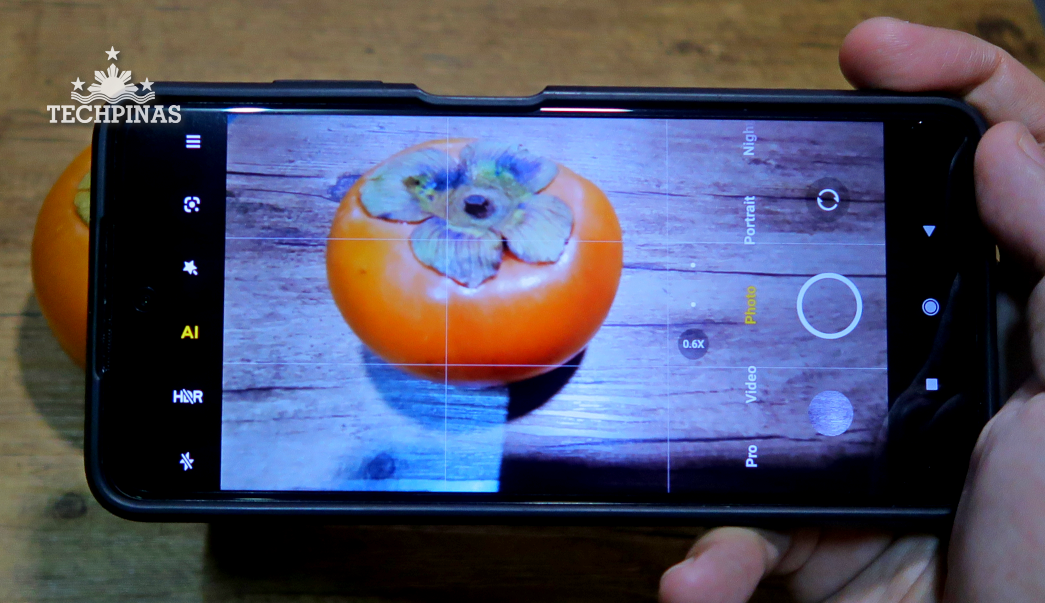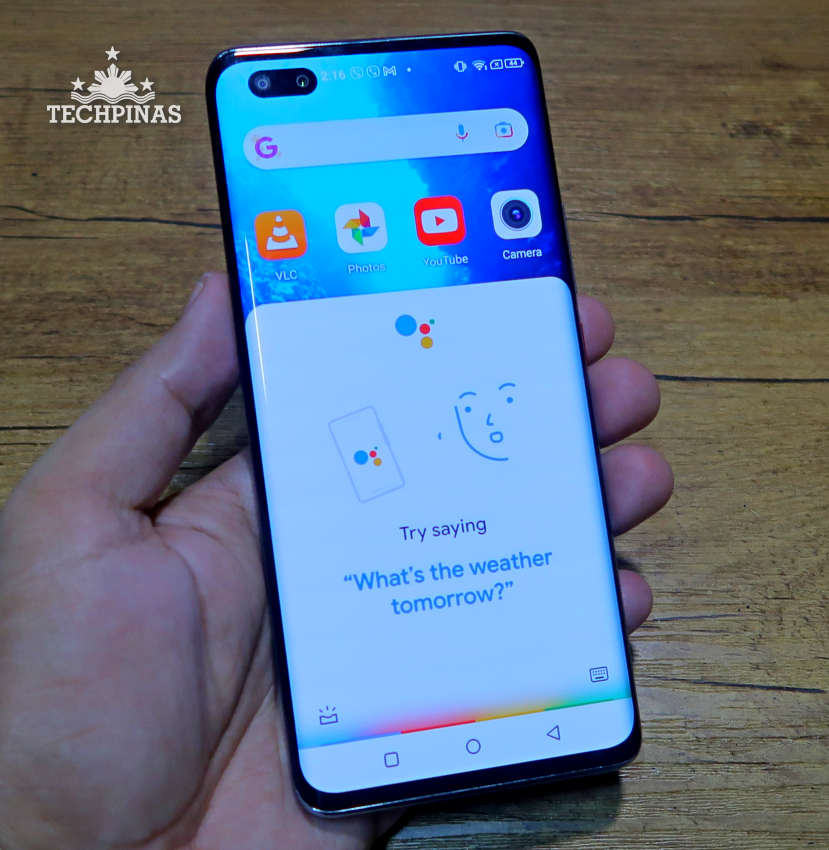Artificial Intelligence on Smartphones is Here But What More Can We Expect In The Future?
AI features on smartphones have become commonplace in recent years, with
many modern devices featuring various artificial intelligence (AI)
capabilities. AI allows smartphones to better understand the user,
anticipate their needs, and provide services tailored to them.
One of the most common AI features found on smartphones is facial
recognition. This technology uses a combination of facial recognition
algorithms and a camera to identify a person.
It can be used to unlock a device, as well as to authenticate payments and
access other secure information. The technology is becoming increasingly
popular due to its convenience and security.

AI Camera for smartphones can detect the scene or object you are trying to
capture and will adjust the settings accordingly.
For example, if you’re taking a photo of a person, the AI Camera will
recognize the subject and apply skin tone and lighting adjustments to make the
photo look its best. AI Camera can also recognize certain objects and will
apply special effects to make the photo look more interesting.
Another form of AI found on smartphones is voice recognition. This technology
allows users to talk to their device and have it understand what they are
saying. It can be used to control functions on the device, such as playing
music or sending texts.
It is also becoming increasingly useful for voice-activated smart
assistants, such as Apple's Siri and Amazon's Alexa. These virtual assistants allow users to quickly and easily access
information, make calls, and send messages without having to search through
menus or type out commands.

AI can also be used to improve the user experience. For example,
smartphones can use AI to learn a user's preferences and suggest apps,
websites, and services that they may like.
AI can also be used to optimize battery life, as it can learn how to better
manage the device's resources.
Finally,
AI can be used for security. Smartphones can use AI to detect suspicious
activity, such as malware or unauthorized access, and alert the user.
AI can also be used to encrypt data and keep it safe from prying eyes.
Future of Smartphone AI
In the near future, AI technology is likely to become even more
sophisticated and integrated into our smartphones.
AI technology will be able to learn from the user and anticipate their
needs, offering personalized advice and recommendations that reflect their
preferences.
For example,
AI-powered smartphones may be able to detect when a user is in a car and
automatically adjust the settings to their preferences, such as turning
down the volume and activating a hands-free mode.
AI may also be able to detect when a user is in a noisy environment and
adjust settings accordingly, such as increasing the volume of alerts or
turning on noise cancellation.
AI-powered smartphones may also be able to detect when a user is feeling
tired, stressed, or overwhelmed and offer suggestions to help them relax
or focus.
For example, AI may be able to detect when a user is feeling stressed and
suggest meditation apps or calming music to help them relax. AI may also be
able to detect when a user is feeling overwhelmed and suggest ways to
prioritize tasks, such as creating reminders or setting up a to-do list.
In addition, AI-powered smartphones may be able to detect subtle changes
in a user’s behavior and offer personalized advice and
recommendations.
For example, AI may be able to detect when a user’s mood is low and suggest
activities that may help lift their spirits, such as playing a game or
watching a movie.
AI technology is still in its early stages, but it is quickly becoming an
integral part of our lives. As AI technology becomes more advanced, it
will undoubtedly become even more integrated into our smartphones. In the
near future, AI-powered smartphones may offer users a more personalized,
intuitive experience than ever before.

